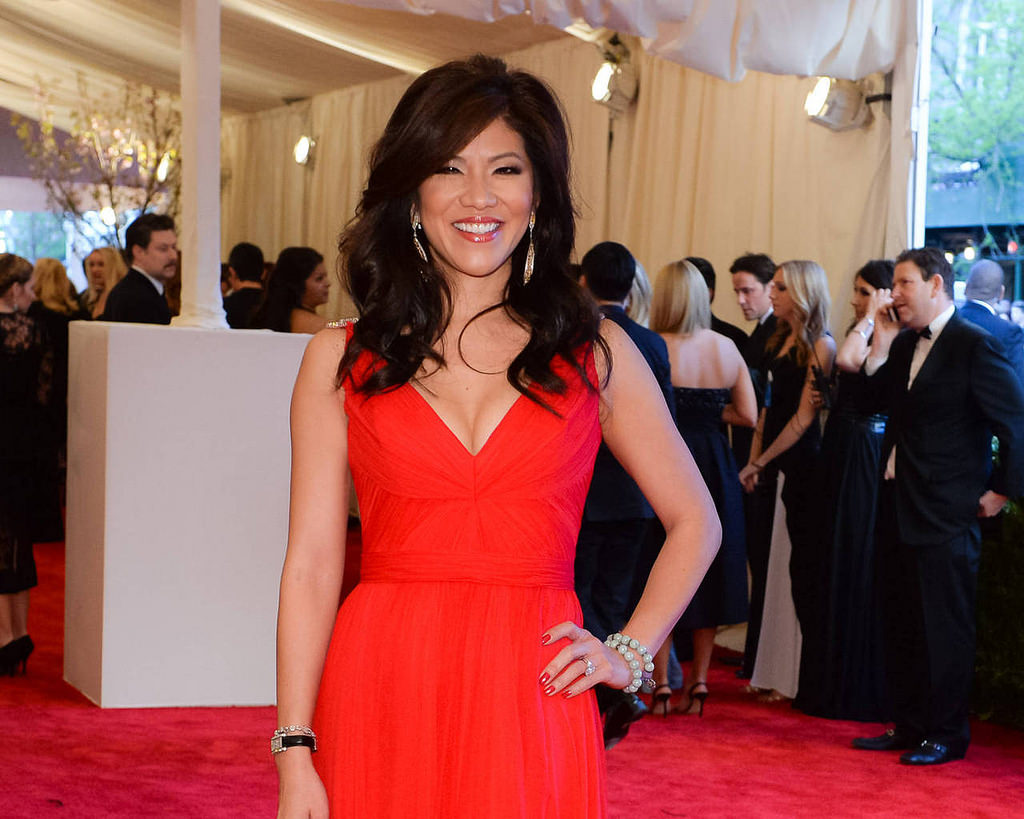Regardless of what a woman chooses to do in response to sexual misconduct allegations against her husband, it seems she will always be crucified in the court of public opinion. Whether she opts to stand by the accused, as Hillary Clinton did for then-President Bill Clinton during the Monica Lewinsky scandal, or she seeks to publicly distance herself, as Georgina Chapman did in her divorce from the hyper-predatory Harvey Weinstein, her choice will always elicit hysteria from at least one side of the debate.
As more women gain the courage to speak out against sexual misconduct in the wake of the #MeToo and Time’s Up movements, the wives of the accused are placed in increasingly difficult and awkward positions. Outdated is the expectation that a woman should stay subservient to her husband and quiet in the midst of a scandal; now, with more agency, wives are expected to take a stance on their husbands’ allegations, whether that be supporting or opposing them. With the weight of the world on their shoulders, they become the subject of public scrutiny as either too complicit or utterly disloyal.
But, what happens when one of those outspoken critics herself is caught in the crossfire of her husband’s scandal?
It cannot be denied that social media has made it easy for people to attack these women, adding a further burden on the wives during an already difficult time. It always baffles me to see a tweet or a Facebook post accusing a woman of betraying her gender simply because she opted to stand by her man; there seems to be a lack of sympathy for the wives of the accused, which only points to a central rift within feminism itself. Before I pass judgement, I often ask myself whether it’s right to shame and punish a woman for her husband’s wrongdoings. It does not seem fair of me to do so.
But, what happens when one of those outspoken critics herself is caught in the crossfire of her husband’s scandal? This was the recent case for Julie Chen, the wife of former Corporate Chair and C.E.O. of CBS, Leslie Moonves. When she made the choice to stand by her husband after criticizing other women for doing just that, I found myself passing judgement on her for one reason only: she was a hypocrite.
It is important to note that Chen is a prominent T.V. host and news anchor on CBS, best known for The Talk and Big Brother. Her husband’s downfall began in July of 2018, with a damning exposé in the New Yorker. Written by Ronan Farrow, the article detailed Moonves’ history of sexual harassment, assault and misuse of power within the CBS workplace. Chen defended her husband, calling him a “good man” and a “moral human being” in a tweet written on July 27th, 2018. Although he categorically denied the allegations, a disgraced Moonves stepped down from his position at CBS in the wake of new allegations in September 2018.
As a co-host on The Talk, a female-centric daytime talk show, Chen’s job was to articulate her opinions regarding hot topics and to share stories about her personal life in a discussion-based format. As a result, she frequently reported on the sexual misconduct allegations against Harvey Weinstein, President Trump and Bill Cosby, while also passing judgement on their wives’ respective decisions to either back them up or leave. There is no denying the fourth-wave feminist tone of the The Talk, whose panel was quick to claim that Camille Cosby was “in denial” and “delusional” for sticking by her husband, as Chen nodded in agreement.
In light of the commentary that preceded her, one could only imagine my state of shock when Chen defiantly signed-off as “Julie Chen-Moonves” at the end of the September 14th episode of Big Brother. In the last eighteen years, I struggle to recall another time in which Julie Chen has ever included her husband’s last name in her closing remarks. Her message was loud and clear: she was standing by her husband and was not afraid to tell the world.
Why do I find this hypocritical? My problem with Chen is not with her decision in and of itself — as previously mentioned, women in this position should rarely be scrutinized for their responses to allegations because they are forced to lie in a bed not of their own making. Instead, my problem with Chen is that her declaration of loyalty remains inconsistent with her former views on The Talk. She cannot criticize Weinstein, Cosby and their wives at work, and then defend her husband after more than two-dozen women have come out with allegations against him. Although Chen could not have known how she would feel until she was in the position herself, I submit that she owes an apology to the viewers and to the women on whom she passed judgement for overlooking the emotional and multifaceted nature of the issue. When the matter became personal, her actions ultimately spoke louder than her words.
She cannot criticize Weinstein, Cosby and their wives at work, and then defend her husband after more than two-dozen women have come out with allegations against him.
I am not the only viewer of The Talk to come to this conclusion. In fact, her veracity and moral integrity have been called into question by viewers everywhere who feel as though they have been lied to. Evidently, Chen has received those messages, resigning from her co-host position on the show on September 18th via Twitter.
Once again, I maintain that Chen should not be criticized for standing by her husband’s side, but only for her hypocrisy. Her story captures both the complexity of the issue and the hardships of being a woman in the midst of her husband’s scandal – how staying or going is not an indicator of one’s strength as a woman, but is the product of a complicated mixture of emotions, circumstance, and family dynamics. With her hypocrisy aside, then, the public should not rally against the new Chen-Moonves, but should understand — as she had previously failed to do — the magnitude of a decision that she never wanted to make. Let us not forget, she is not the one facing charges.


